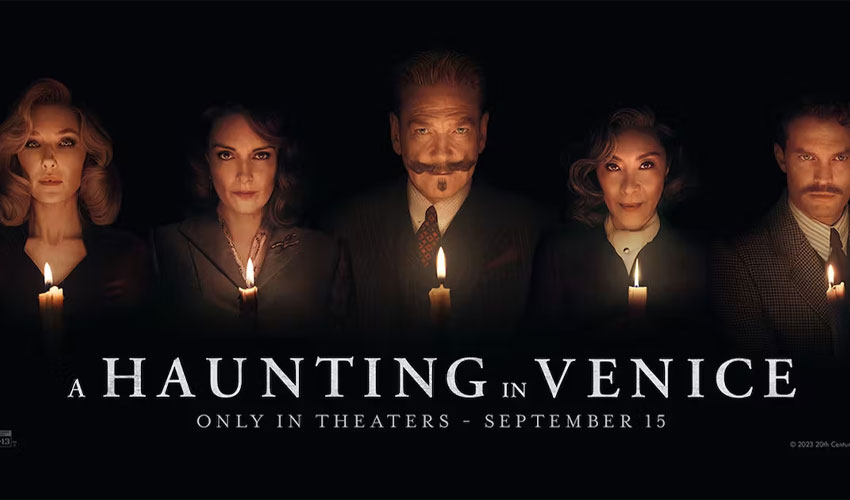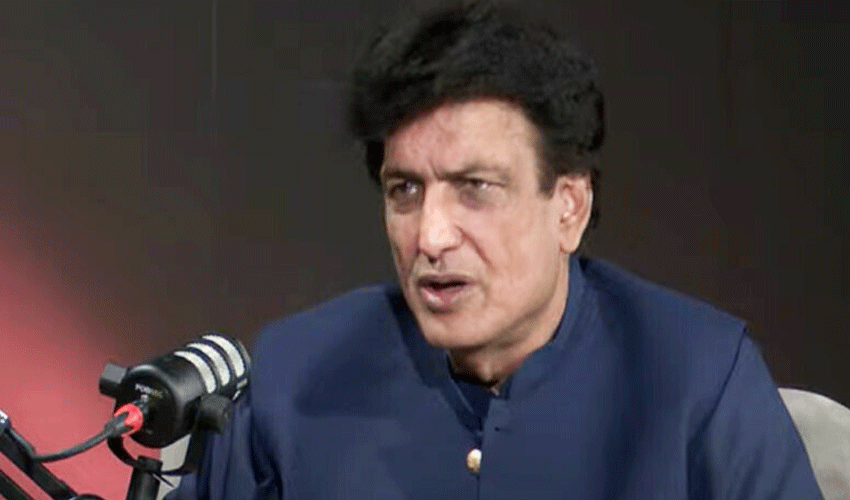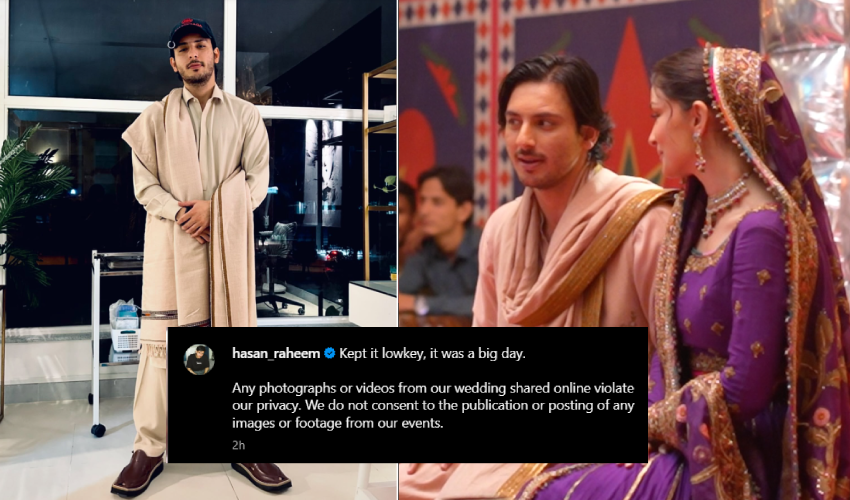Kenneth Branagh's third instalment in the Poirot film series, "A Haunting in Venice," following "Murder on the Orient Express" and "Death on the Nile," unfortunately, continues the trend of diminishing quality.
As each film in this series seems to be worse than the last, it raises questions about Branagh's persistence in pursuing this project, given his illustrious career.
In this case, the biggest mystery is why no one has intervened to stop this downward spiral.
Branagh not only directs the film but also reprises his role as Poirot, despite David Suchet being the iconic embodiment of the character. The film's first issue arises from its departure from the source material, Agatha Christie's "Hallowe'en Party," which is set in an English village.
The abrupt shift to Venice seems ill-conceived. Branagh introduces changes to characters and plotlines, but the film still tries to maintain some semblance of the original story.
The narrative unfolds in 1947, with Poirot now retired and residing in Venice. He receives a visit from his old friend, Ariadne Oliver (Tina Fey), a famous mystery writer.
She persuades him to attend a séance in a palazzo to expose a fraudulent medium (Michelle Yeoh). The séance is hosted by Rowena Drake (Kelly Reilly), an opera singer, who owns the palazzo and whose daughter, Alicia, has met a mysterious end.
Venice serves as a suitably eerie backdrop, shrouded in mist and rain, with a recurring motif of downpours that becomes rather repetitive.
The film takes a dark turn as murder ensues during the night, with Poirot locking the doors to keep the suspects inside. The roster of suspects includes Alicia's fiancé, Poirot's bodyguard, a doctor, and the housekeeper, but none of them manage to breathe life into their characters.
The performances feel lackluster as if the actors delegated their roles to assistants or cleaners.
Unfortunately, the film fails to embrace the potential for high camp and opts for a more straightforward approach. The result is a leaden and unengaging narrative, exacerbated by the constant rain and a lack of suspense. The identity of the culprit becomes predictable, failing to keep the audience guessing.
Kenneth Branagh's continued commitment to these Poirot adaptations remains perplexing, especially considering the lukewarm reception of the previous two films. It's almost as if he's using them to exact revenge on critics. While Branagh has his merits as a filmmaker, these recent Poirot ventures have become a disheartening chapter in his career.



























